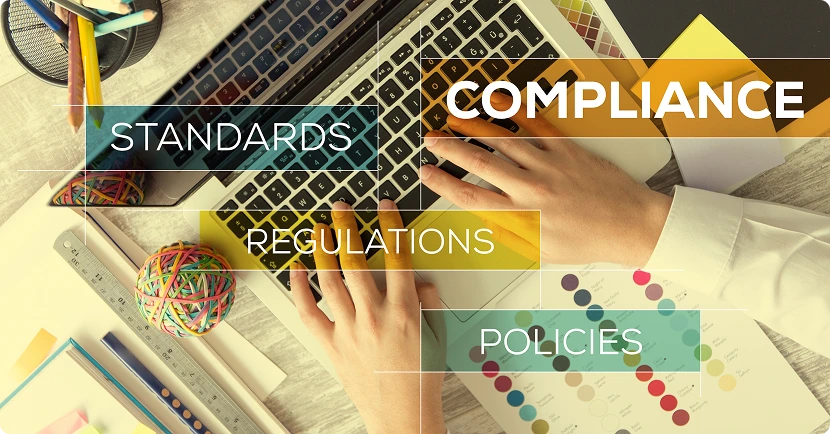The Ultimate Whistleblowing Compliance Checklist: Protect Your Business and Employees

Whistleblowing is a critical component of corporate governance, ensuring transparency, accountability, and ethical business practices. However, without a proper compliance framework, organisations risk legal penalties, reputational damage, and internal turmoil. This Whistleblowing Compliance Checklist will help your business establish a robust whistleblowing policy, comply with regulations, and foster a culture of trust and integrity.
Why Whistleblowing Compliance Matters
Whistleblowers play a vital role in exposing fraud, corruption, and workplace misconduct. Governments worldwide have enacted strict laws (such as the EU Whistleblowing Directive, Dodd-Frank Act, and Sarbanes-Oxley Act) to protect whistleblowers and mandate corporate compliance.
Non-compliance risks include:
- Heavy fines and legal action.
- Loss of investor and customer trust.
- Employee dissatisfaction and turnover.
A well-structured whistleblowing program mitigates these risks while promoting ethical behavior.
The Whistleblowing Compliance Checklist
1. Establish a Clear Whistleblowing Policy
- Define what constitutes reportable misconduct (fraud, harassment, safety violations, etc.).
- Outline reporting channels (anonymous hotlines, email, third-party platforms).
- Ensure confidentiality and non-retaliation protections.
- Communicate the policy company-wide (employee handbook, training sessions).
2. Comply with Legal Requirements
- Identify applicable laws (local, national, and industry-specific regulations).
- Appoint a compliance officer to oversee whistleblowing cases.
- Set deadlines for investigations (e.g., EU Directive requires acknowledgment within 7 days).
3. Implement Secure Reporting Channels
- Offer multiple reporting options (phone, web portal, in-person).
- Use encrypted, GDPR-compliant tools for anonymity.
- Ensure 24/7 accessibility for global teams.
4. Train Employees and Management
- Educate staff on whistleblowing rights and procedures.
- Train managers on handling reports without retaliation.
- Conduct regular refresher courses to reinforce compliance.
5. Ensure Confidentiality and Protection
- Guarantee anonymity where legally permitted.
- Prohibit retaliation (document all whistleblower interactions).
- Provide legal and psychological support for whistleblowers if needed.
6. Conduct Prompt and Fair Investigations
- Assign an impartial investigator.
- Document all steps for audit and legal purposes.
- Provide feedback to the whistleblower (where appropriate).
7. Monitor and Improve Your Program
- Track whistleblowing trends (common complaints, resolution times).
- Audit the process annually for gaps and inefficiencies.
- Update policies based on new laws or internal feedback.
Benefits of a Strong Whistleblowing Compliance Program
- Reduces legal and financial risks by addressing issues early.
- Enhances corporate reputation as an ethical employer.
- Boosts employee morale by fostering transparency.
- Prevents scandals before they escalate publicly.
A well-implemented whistleblowing compliance program is not just a legal requirement—it’s a strategic advantage. By following this checklist, your organisation can safeguard against misconduct, protect whistleblowers, and maintain trust with stakeholders.
Ready to Build a Trusted Whistleblowing Program?
Don’t wait—non-compliance risks fines, lawsuits, and reputational damage. Let’s make your workplace safer and more transparent today.
Book a Demo 🔍 Free Culture Scan